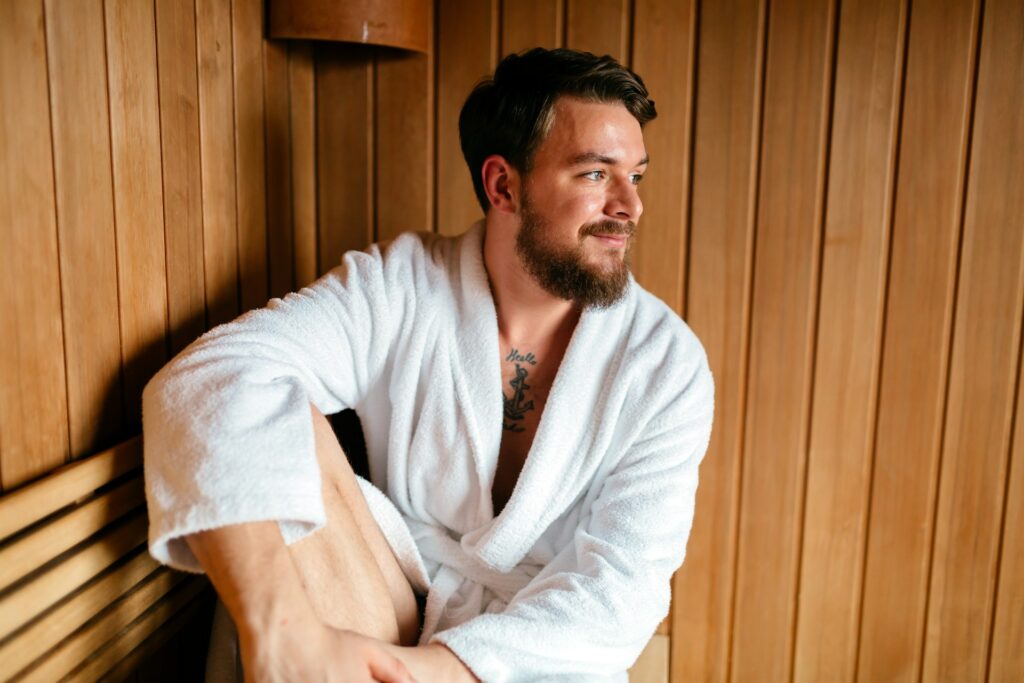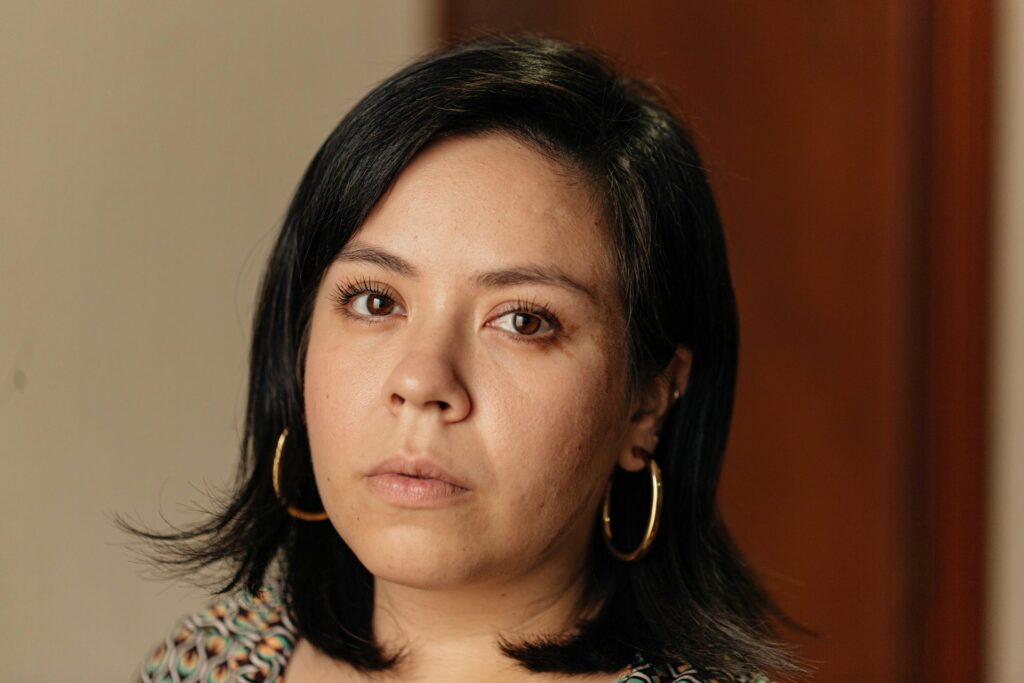A lot of people think boundaries are harsh, selfish, or dramatic, but that mindset couldn’t be more wrong.

Real boundaries are quiet, healthy, and necessary—and often the very thing that keeps relationships from falling apart. If you worry about putting hard limits in place about what you find acceptable in your life and what you won’t put up with, here’s why you need to think again (and perhaps develop a bit more of a backbone for the sake of your mental, emotional, and physical well-being).
1. Boundaries aren’t about control—they’re about clarity.

Some people mistake boundaries for rules they’re trying to impose on other people. However, the purpose of a boundary isn’t to control someone else—it’s to clearly express what you’re okay with and what you’re not. It’s not “You can’t do that,” it’s “I won’t stick around if you do.” That distinction is everything. It puts the responsibility on you to honour your needs, not on anyone else to change their behaviour.
2. They’re not walls—they’re filters.

People often think boundaries are about cutting people off or becoming emotionally cold. The thing is, strong boundaries don’t block people out—they help filter what kind of energy or behaviour you let in. They allow connection without overwhelm. They let you be generous without being drained. Without boundaries, everything gets through—including things that slowly wear you down.
3. You don’t need to be angry to set one.

Some wait until they’ve been pushed too far before speaking up, so boundaries come out emotionally charged. But the best boundaries are set calmly, early, and without resentment bubbling over. You don’t have to “snap” to draw a line. In fact, the more regularly you practise setting boundaries, the less often you’ll reach boiling point in the first place.
4. Saying no doesn’t make you unkind.

This is one of the biggest hang-ups. People worry that setting limits will make them seem selfish or rude, especially if they’ve built their identity around being helpful or agreeable. Of course, real kindness isn’t about saying yes to everything—it’s about being honest, consistent, and respectful of both yourself and other people. Boundaries help you give from a place of choice, not pressure.
5. Boundaries don’t require permission.

You don’t need the other person to understand, agree with, or approve of your boundary. It’s not a negotiation; it’s a statement of what you need to feel safe, respected, or comfortable. If you’re always waiting for someone to “get it” before enforcing a boundary, you’ll stay stuck. Sometimes clarity is enough, even if it’s met with confusion or resistance.
6. Enforcing them consistently matters more than announcing them once.

Setting a boundary once doesn’t mean it’ll magically stick. If you don’t follow through, people will keep testing it—sometimes without even realising it. Boundaries only work if you honour them yourself. Repeating them calmly, holding your ground, and removing yourself when needed—that’s what makes them real.
7. You can have boundaries with people you love.

This surprises people, but some of the most important boundaries are with the people closest to you—family, partners, best friends. Emotional closeness doesn’t mean unlimited access. If a loved one repeatedly crosses a line or drains you emotionally, that’s where boundaries matter most. They’re not about shutting people out; they’re about keeping the connection healthy.
8. Boundaries aren’t punishment—they’re protection.

Boundaries can sometimes be mistaken for ultimatums or passive-aggressive behaviour. However, they’re not a way of making someone pay for how they treated you—they’re there to stop the harm from continuing. Think of them as seatbelts, not fences. They’re there to keep you safe, stable, and intact, not to prove a point or push people away.
9. Feeling guilty doesn’t mean you’re doing it wrong.

If you’re new to boundaries, guilt almost always shows up first. That’s not a sign to stop—it’s a sign that you’re breaking out of old patterns where self-sacrifice was the norm. The guilt fades as your nervous system adjusts to healthier habits. Let it come, let it pass, but don’t confuse discomfort with a mistake. Growth always feels awkward at first.
10. Healthy people respect them, even if it takes a moment.

Someone might be surprised or caught off guard when you set a boundary, especially if you’ve never done it before. However, people who are emotionally safe will adapt, reflect, and adjust. If someone constantly pushes back, dismisses your needs, or makes you feel like the bad guy for having boundaries, that’s not love or friendship—it’s control or convenience.
11. Boundaries don’t always need to be explained in detail.

You don’t have to draft a thesis every time you express a need. “That doesn’t work for me,” or “I’m not comfortable with that,” is often enough. Over-explaining can sometimes lead to defensiveness or derail the point. Keep it clear and simple—you’re allowed to honour your boundaries without needing to justify them endlessly.
12. They’re not about rigidity—they’re about self-awareness.

Some people avoid setting boundaries because they’re scared of being too “strict.” However, real boundaries aren’t about being cold—they’re about understanding what you need to function and feel safe in different situations. You can be flexible without abandoning yourself. The key is knowing the difference between compromise and self-betrayal, and boundaries help you find that line.
13. You can change your boundaries over time.

Your needs evolve. What felt okay last year might feel draining now. That’s not being flaky—that’s being emotionally attuned. Strong boundaries aren’t set in stone—they grow with you. Give yourself permission to revisit, reset, and reframe your limits. Maturity isn’t about rigid consistency—it’s about being honest with yourself as you change. That’s what real boundary work looks like.


